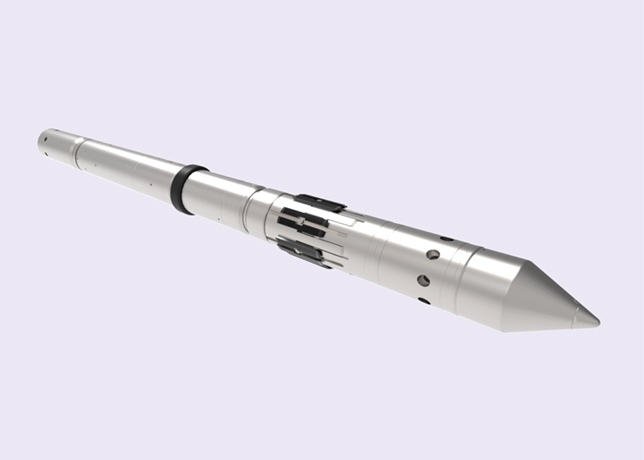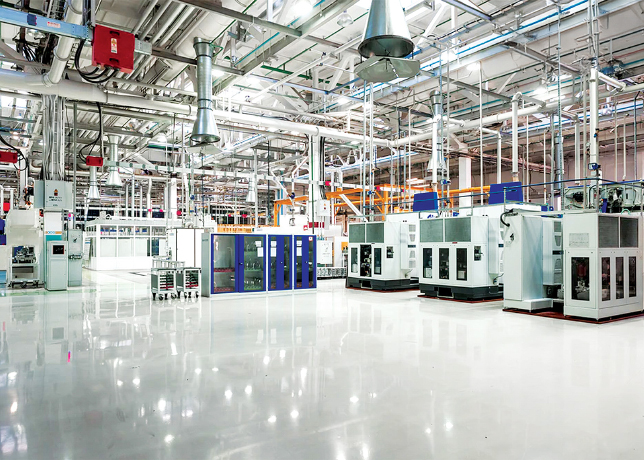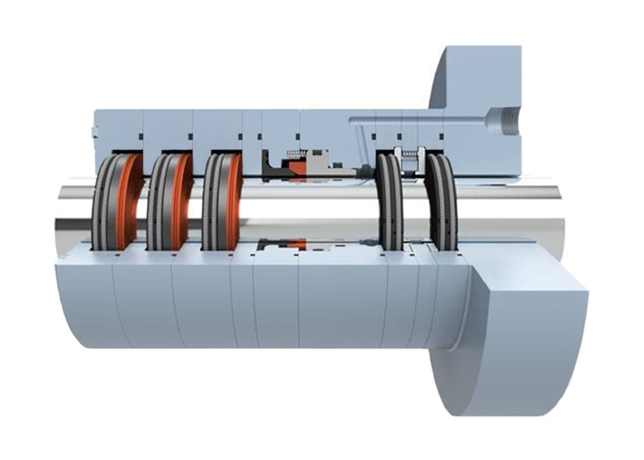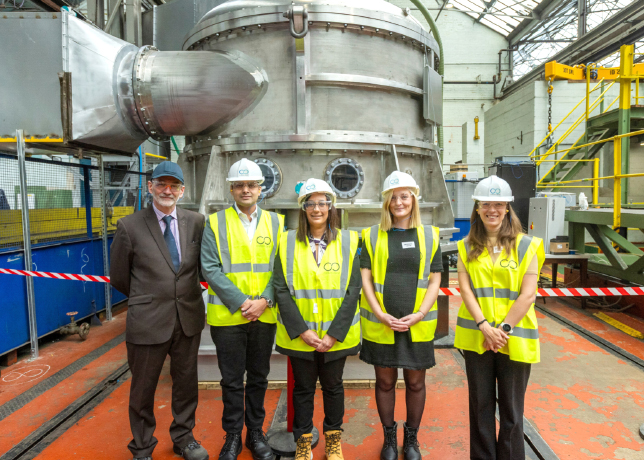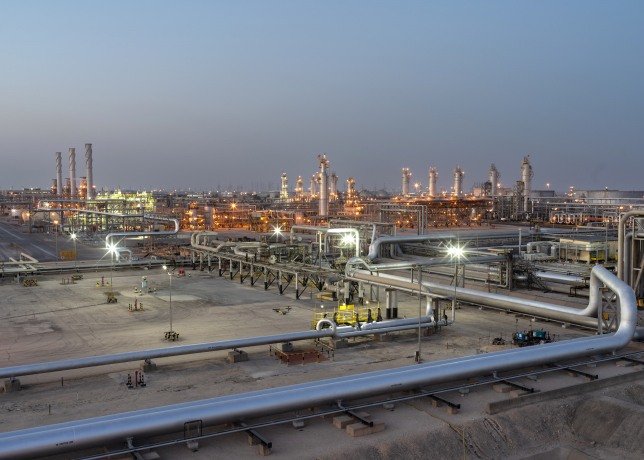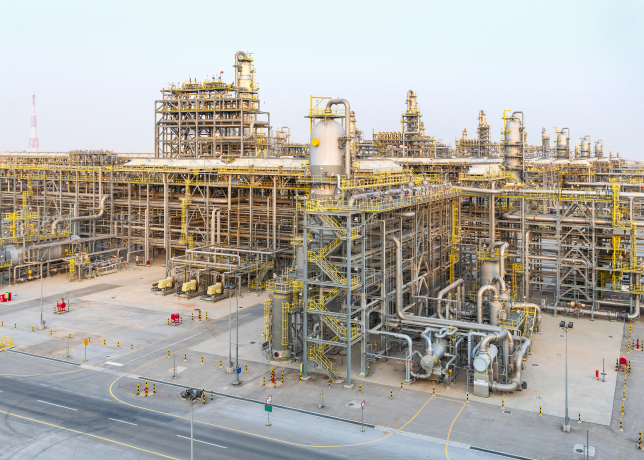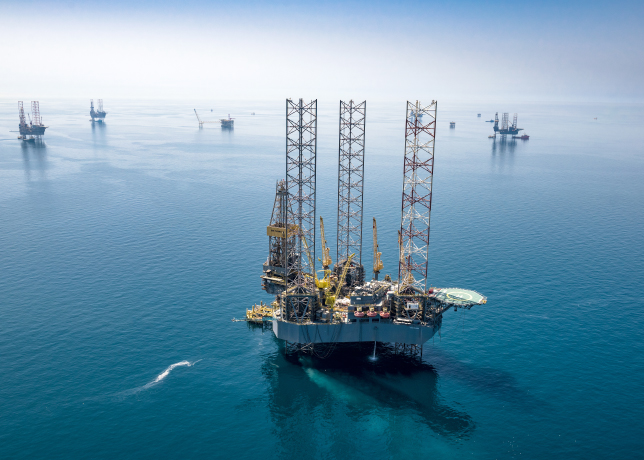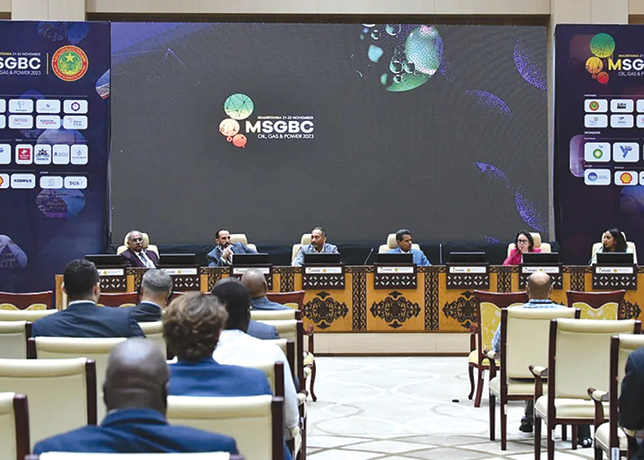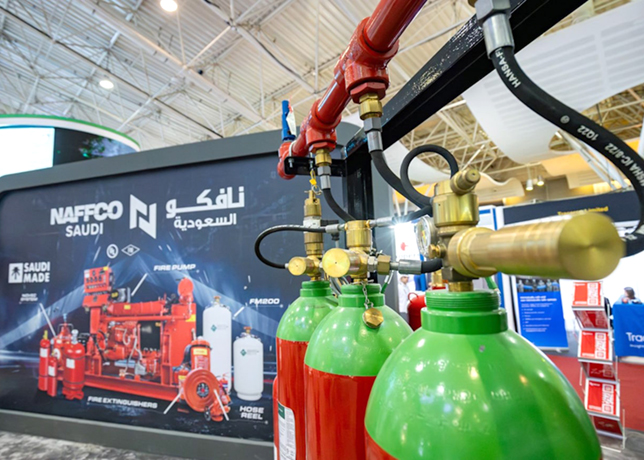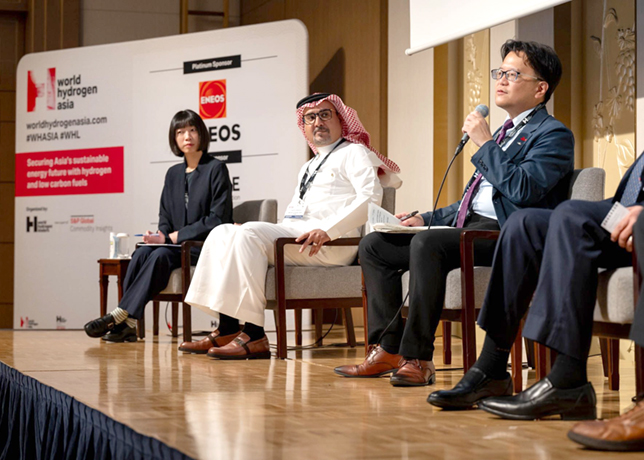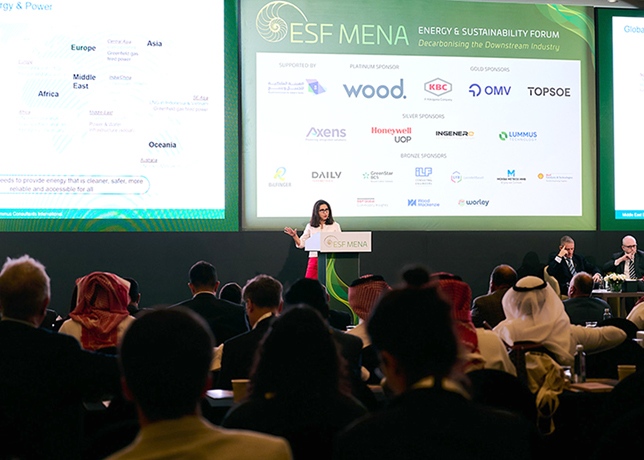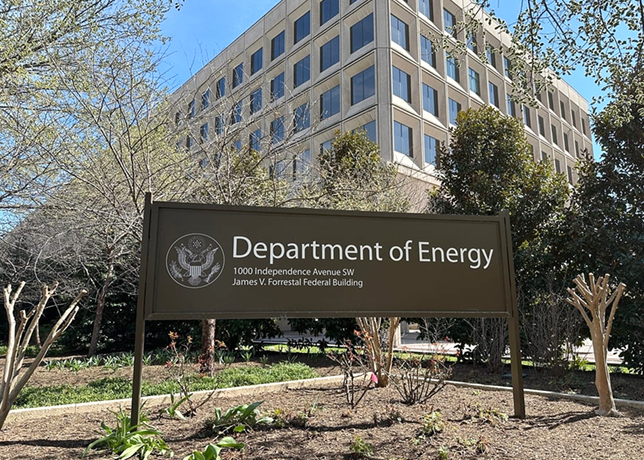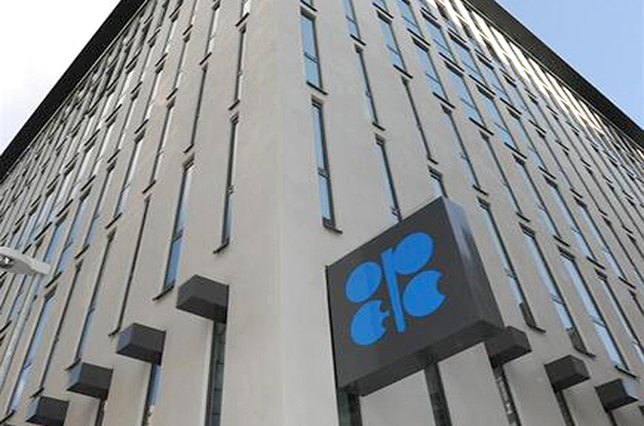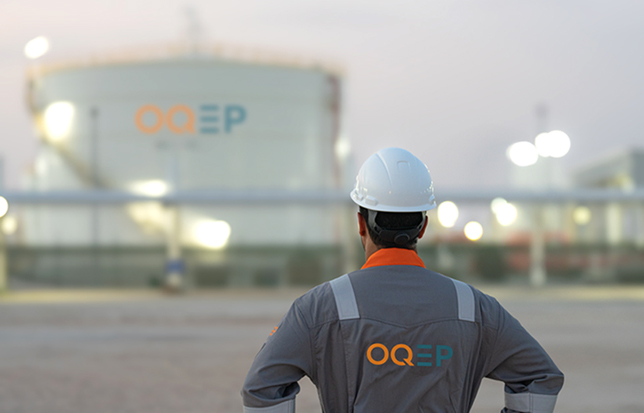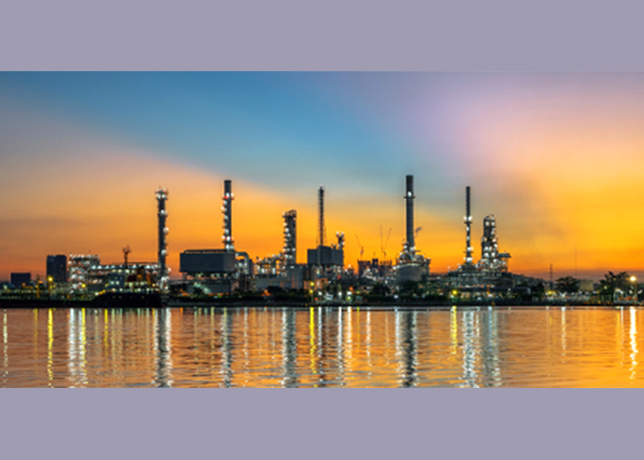
 A sinopec refinery... one of many to see cut backs
A sinopec refinery... one of many to see cut backs
President Wang Jiming of Sinopec group, Asia's biggest refiner, has said that the company's labor efficiency is still too low compared to the international counterparts, and "a series of effective measures will be adopted to slash the work force and significantly reduce labor costs."
Wang was interviewed by a national securities newspaper in China.
According to the President, Sinopec Group has reduced its work force from 1.22 million upon restructuring in 1998 to the current 920,000.
The listed arm of the Group, Sinopec Corp currently has 410,000 employees on the payroll. "But our present labor productivity still stands at one-twentieth of that of the international companies,"remarked Wang.
As to when the new boom period will arrive for the worldwide petrochemical and chemical industry, Wang predicted that it would not happen until 2005-2006, claiming that September 11 and the Iraq War have both delayed the industry's recovery.
But in China, market demand should still have a rise of above 10 per cent a year, driven by domestic GDP growth.
Half of the entire petrochemicals market is still occupied by foreign imports at present, said Wang.
Sinopec, China's oil refining giant, currently has 52 per cent of its oil consumption fed by imports, 20 per cent from PetroChina and CNOOC, and 30 per cent by self-supply, which is a major weakness of the company, Wang acknowledged.
But he went on to say that the company had made plans to spend up to RMB 10 bln ($1.208 bn) from 2001-2005 on oil exploration and development overseas to ratchet up the proportion of self-supply, and the focus will be put on central Asia, Africa, and Russia.
To maintain its domestic superiority, the company has also launched a series of well-coordinated capacity expansion projects nationwide in recent years, before the Chinese government allows more foreign companies to come into the domestic market, said Wang.
Shanghai Petrochemical has completed an ethylene upgrade to 720,000 tonnes per annum, while Qilu and Maoming Petrochemical are both working on boosting production to 800,000 tonnes of ethylene per annum.
Even so, the company's refining and chemicals production sectors, in terms of their contributions to total profit, still fall behind crude and processed oil sales at present.
Wang admitted that both Sino-foreign joint-ventures provide strong competition in the basic chemical materials market, while local private enterprises are eating away at its dominance in the field of chemical fibers.
"Our relationship with foreign companies is that of both competitors and partners," commented Wang. "Foreign companies do not come here (to open) wholly-invested (companies), but to make joint investments with Sinopec; and when making product designs for JVs, they will expect not to clash with Sinopec head-to-head," added Wang.
Local private enterprises, on the other hand, have put pressure on the company in areas where high technology is not required for production, said Wang.



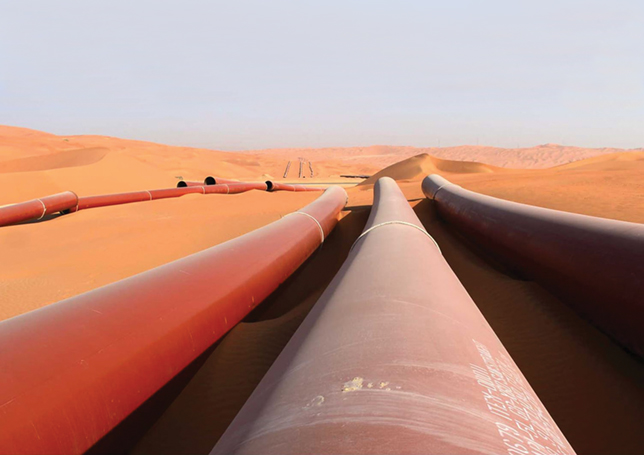







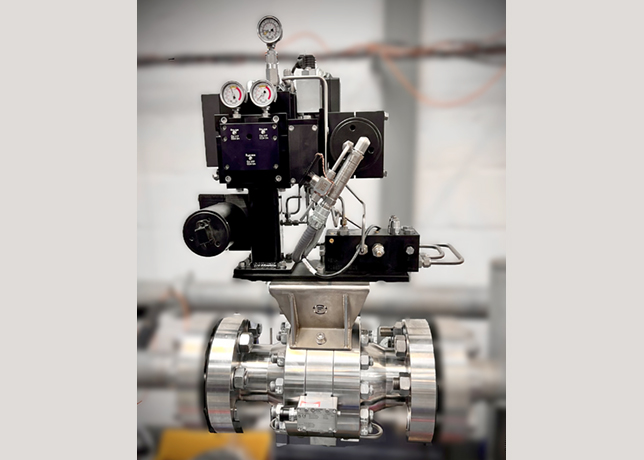
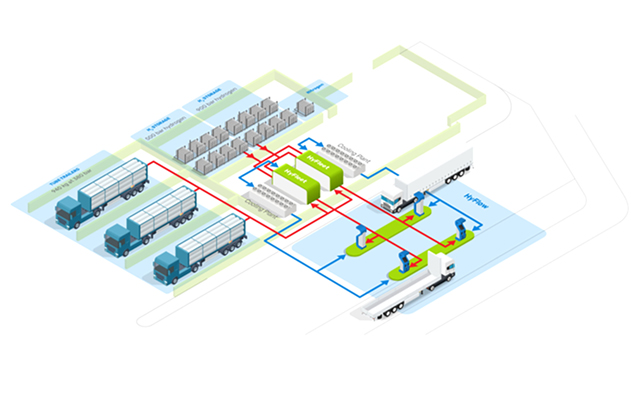
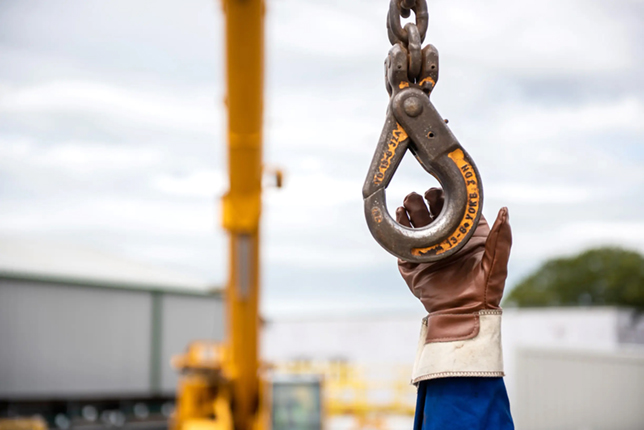
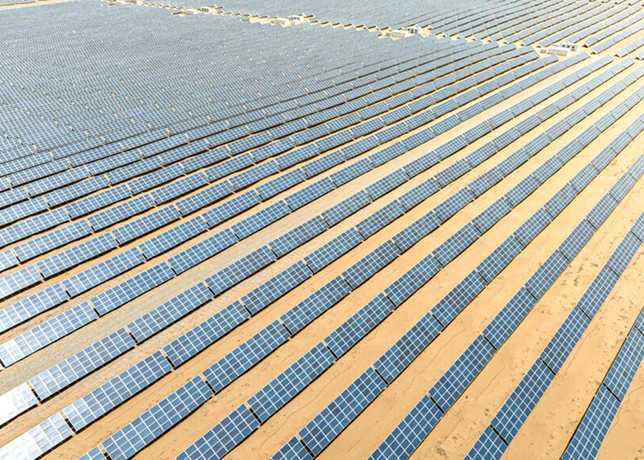

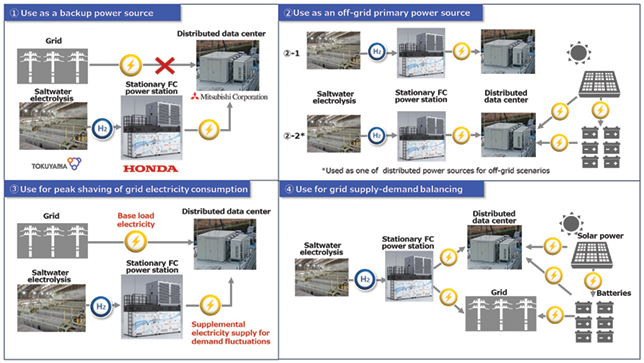


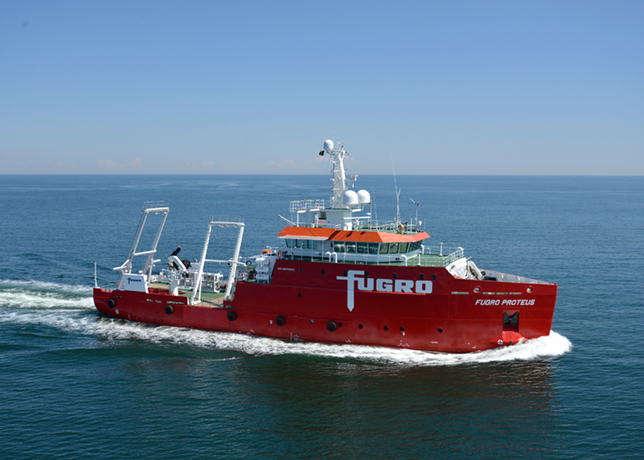


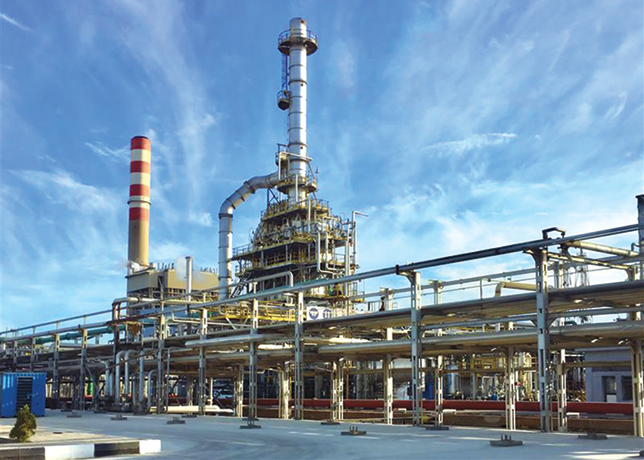
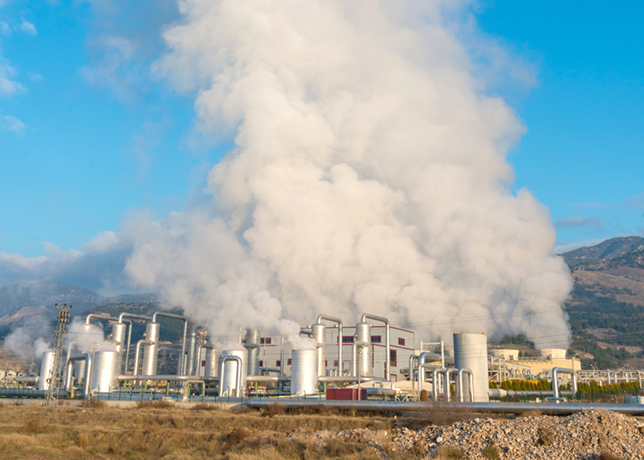
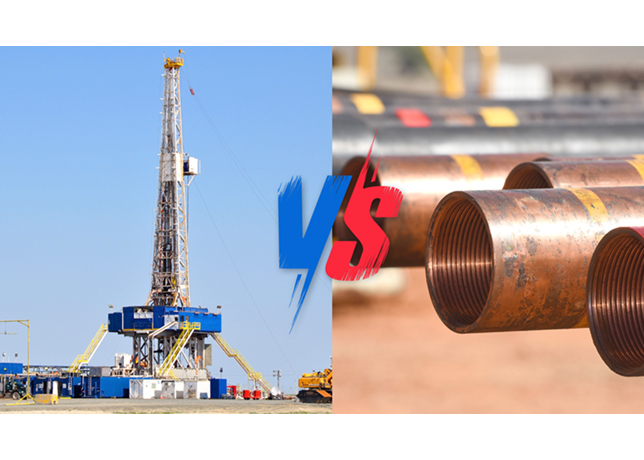
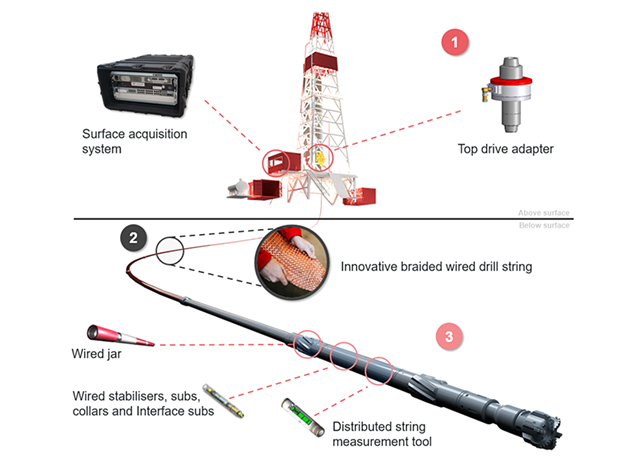






-is-one-of-the-world.jpg)
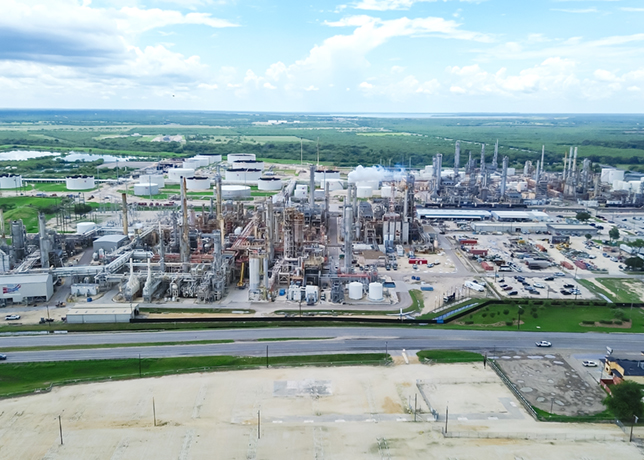
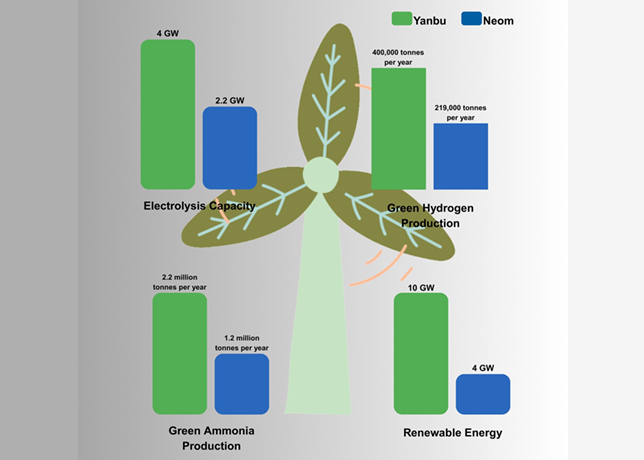

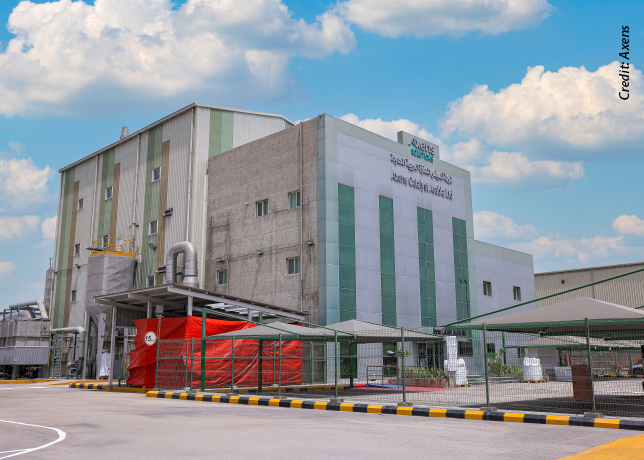

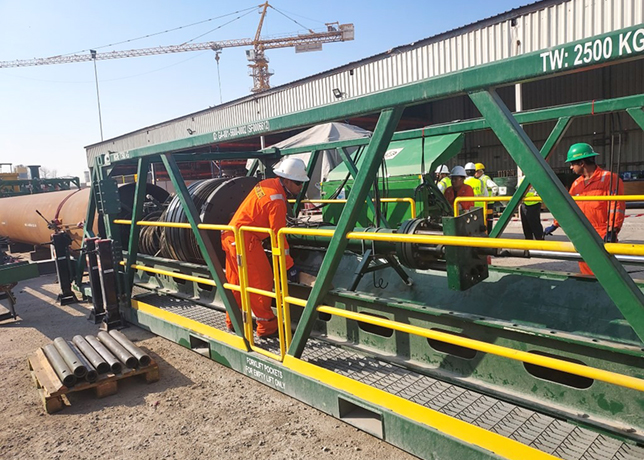
-(4)-caption-in-text.jpg)
